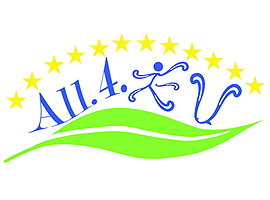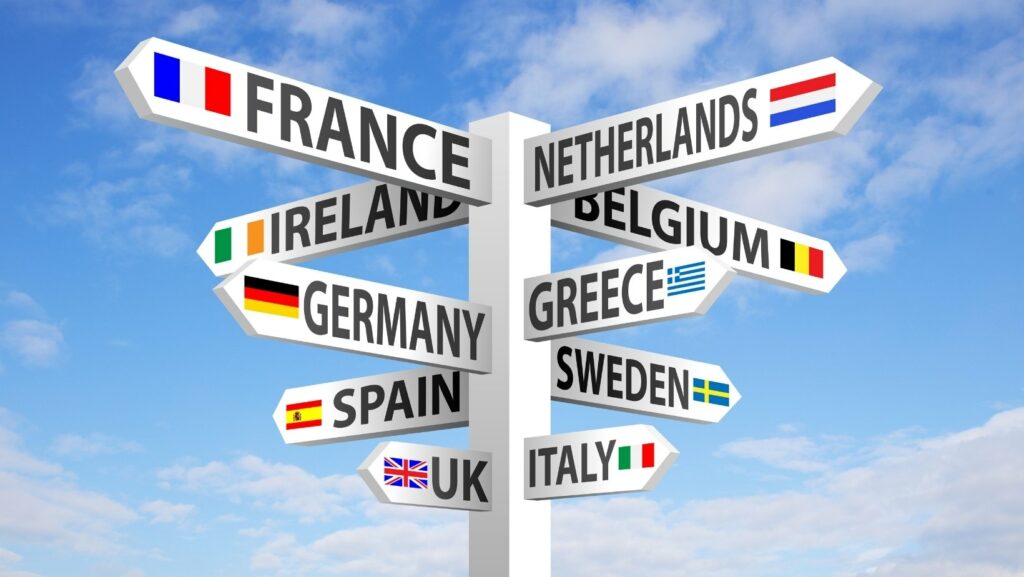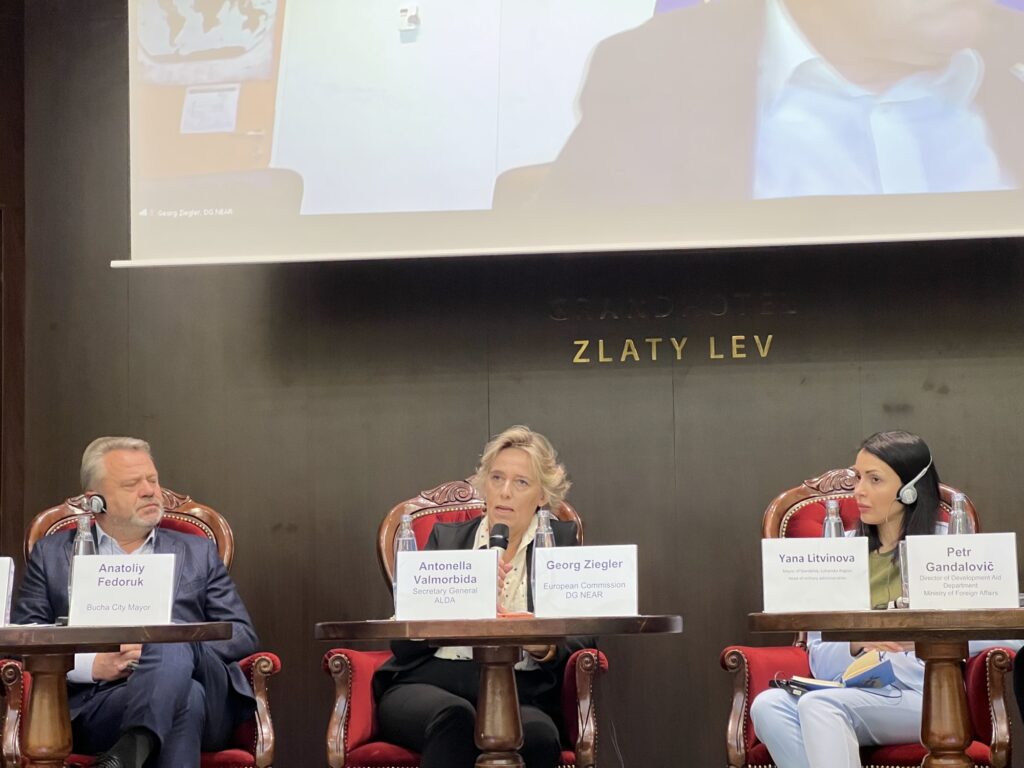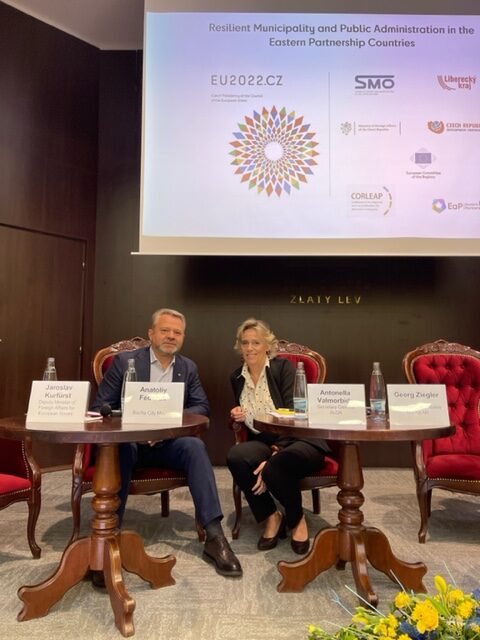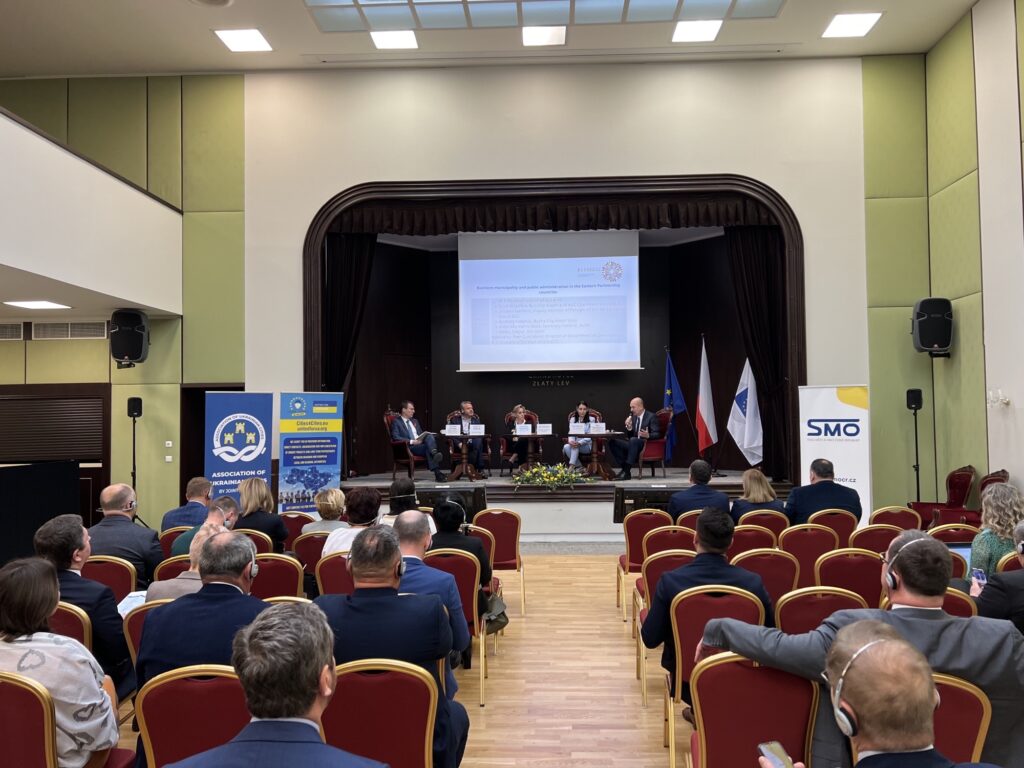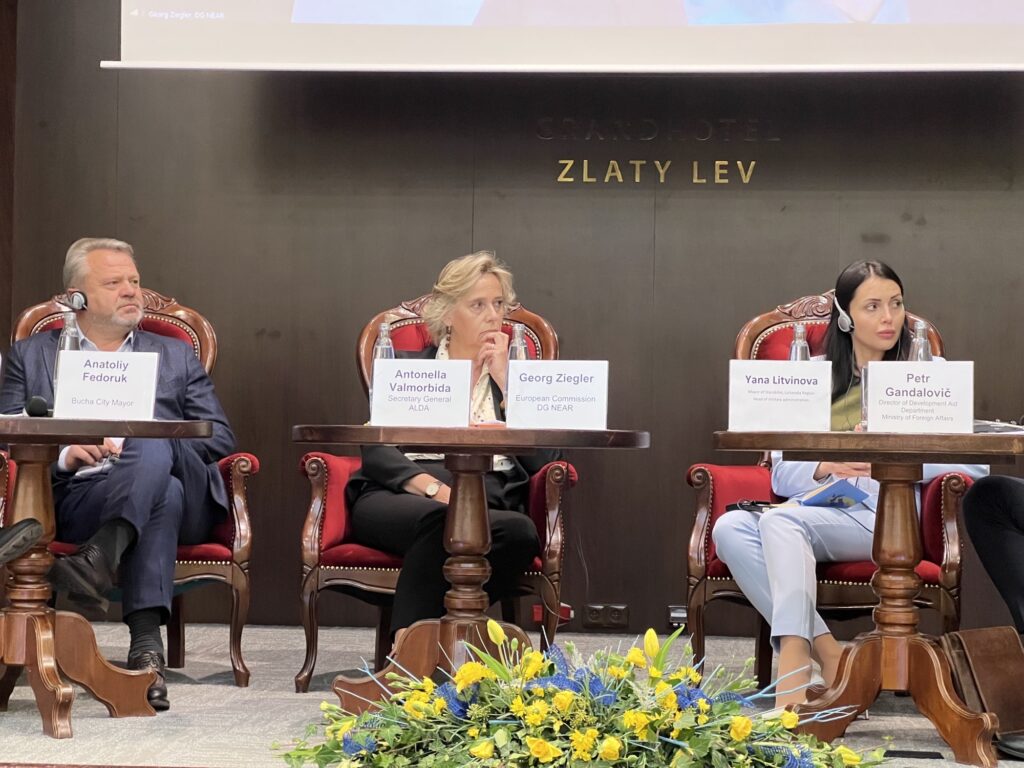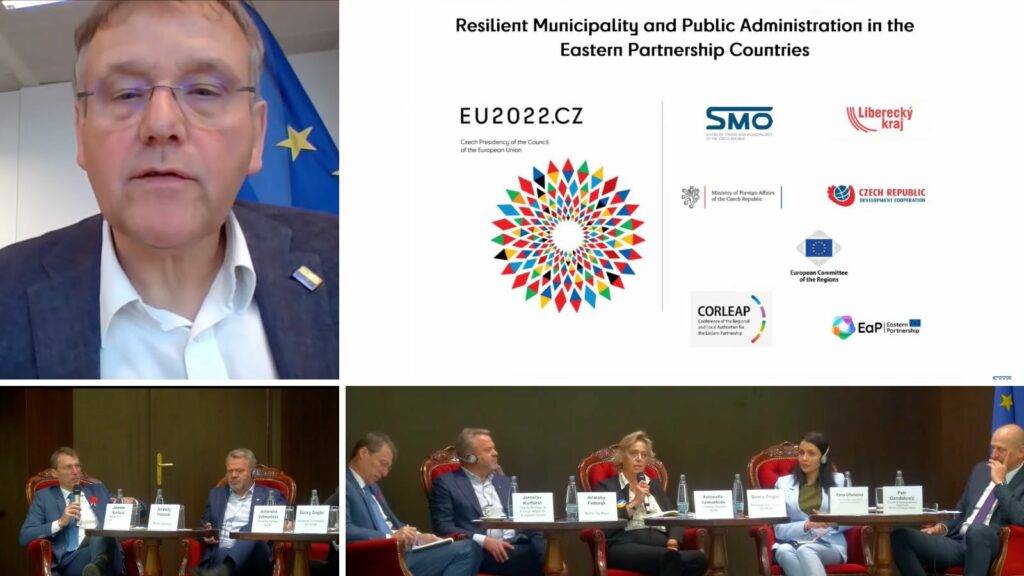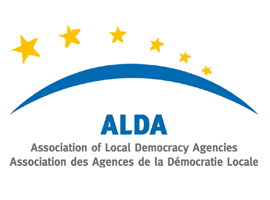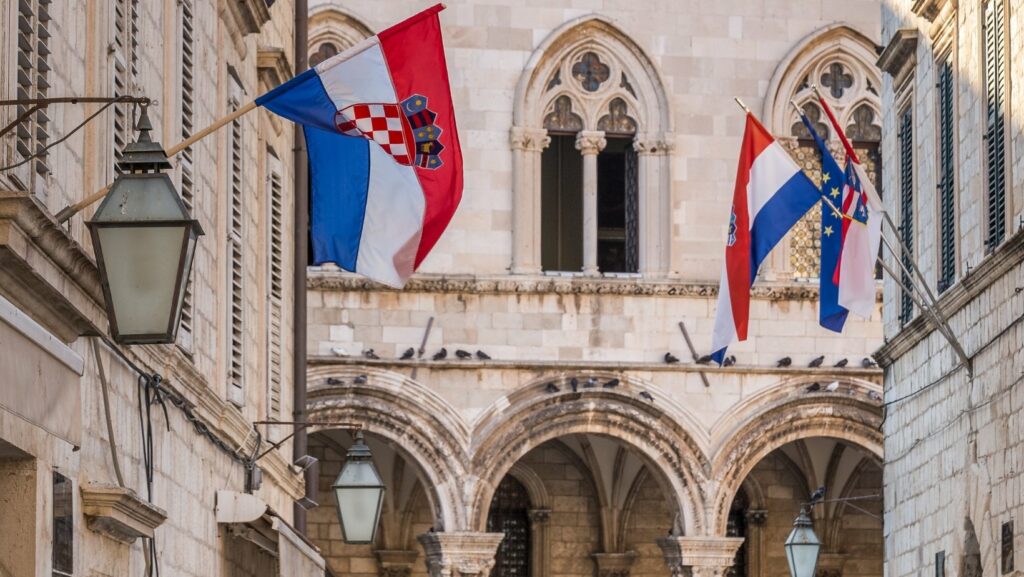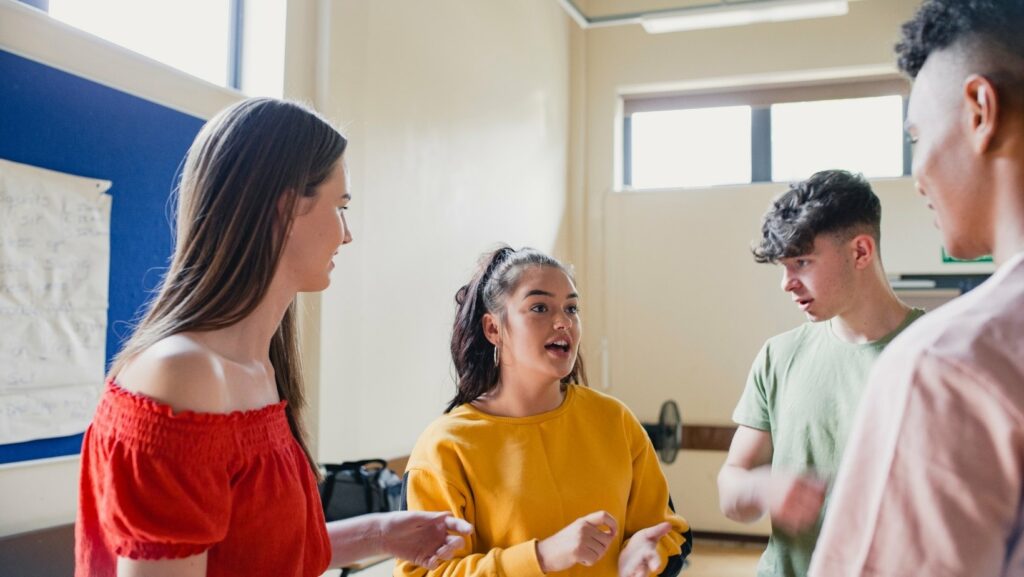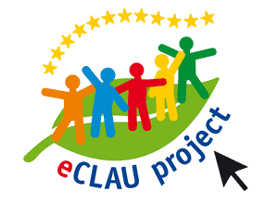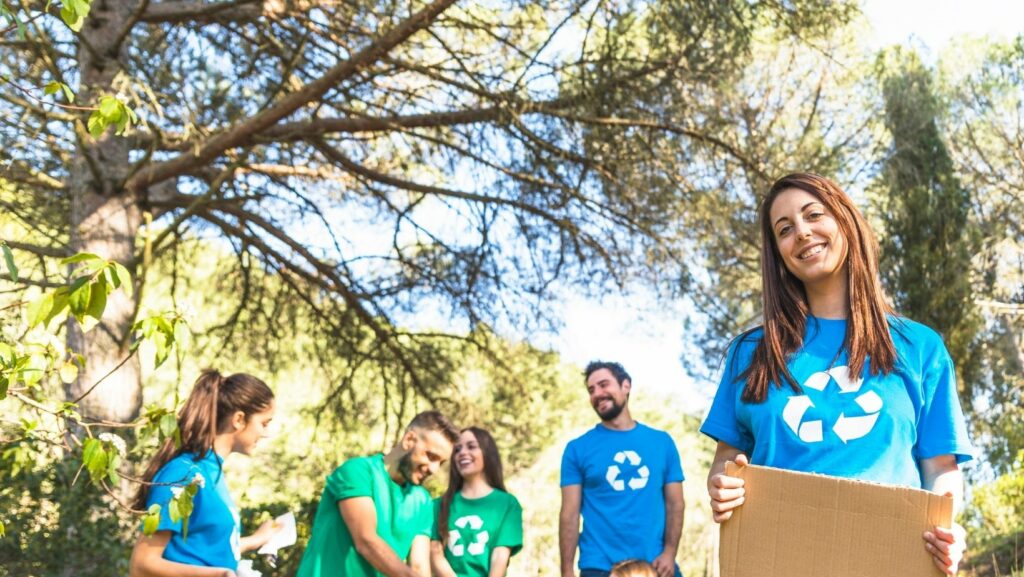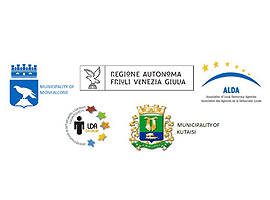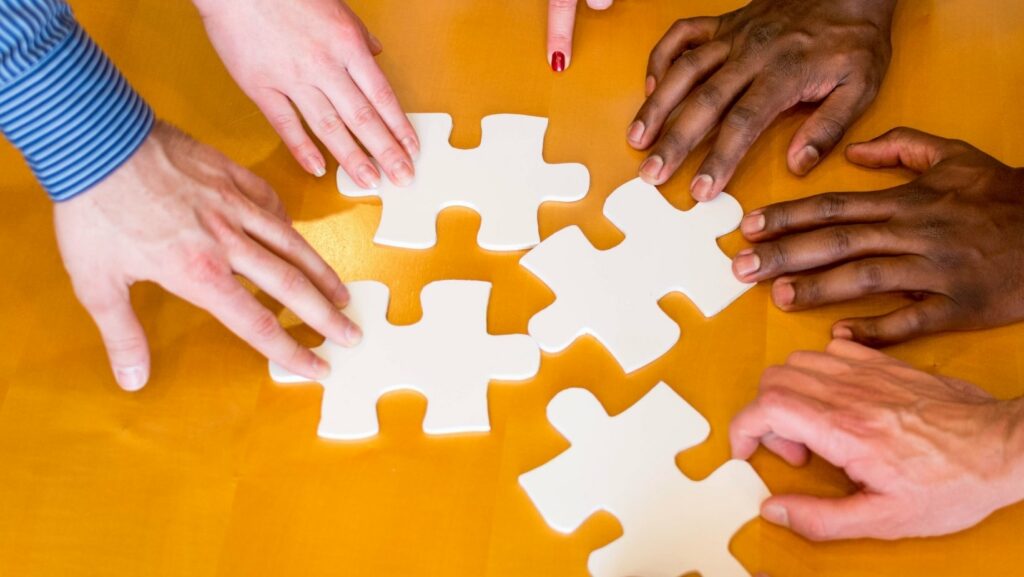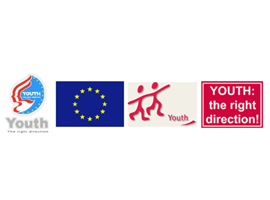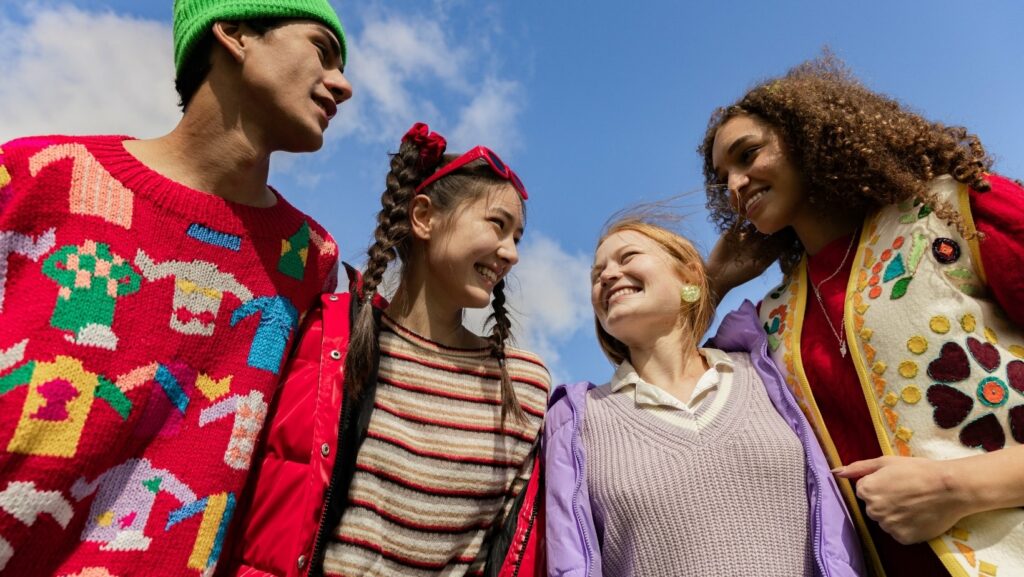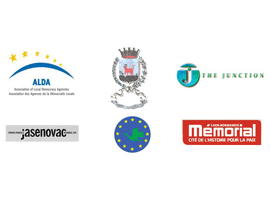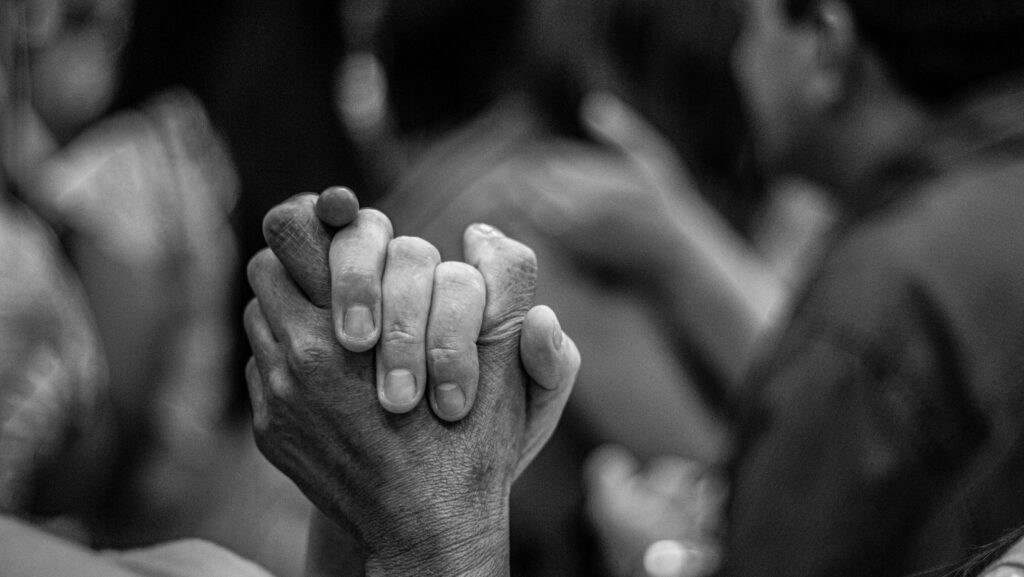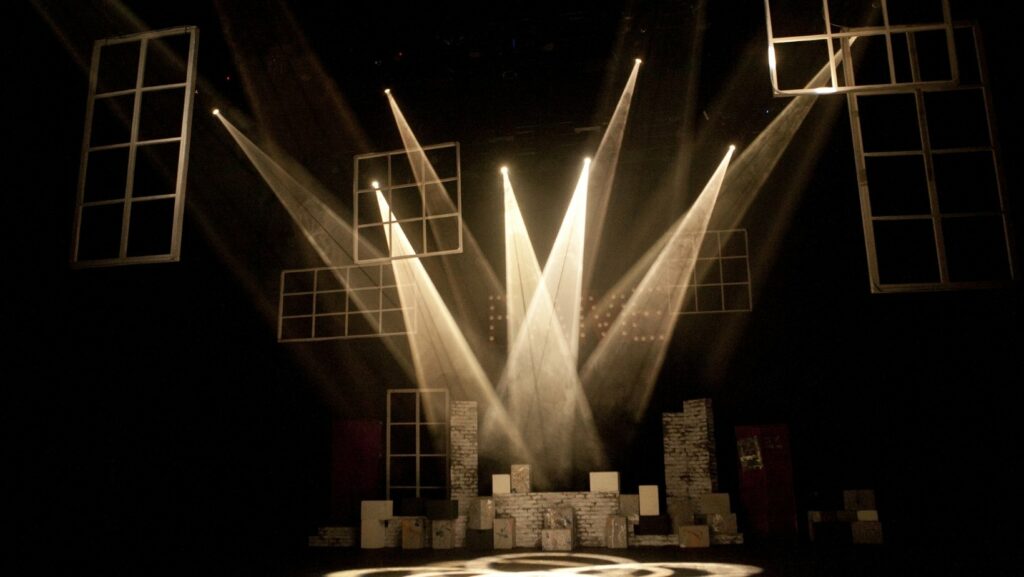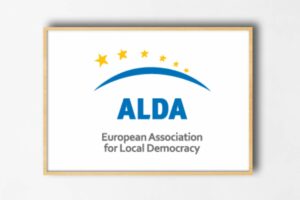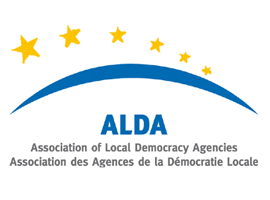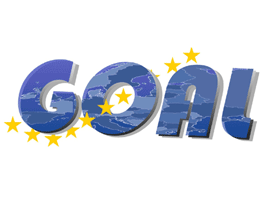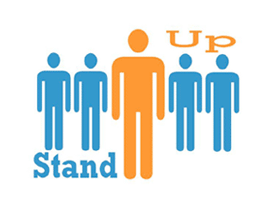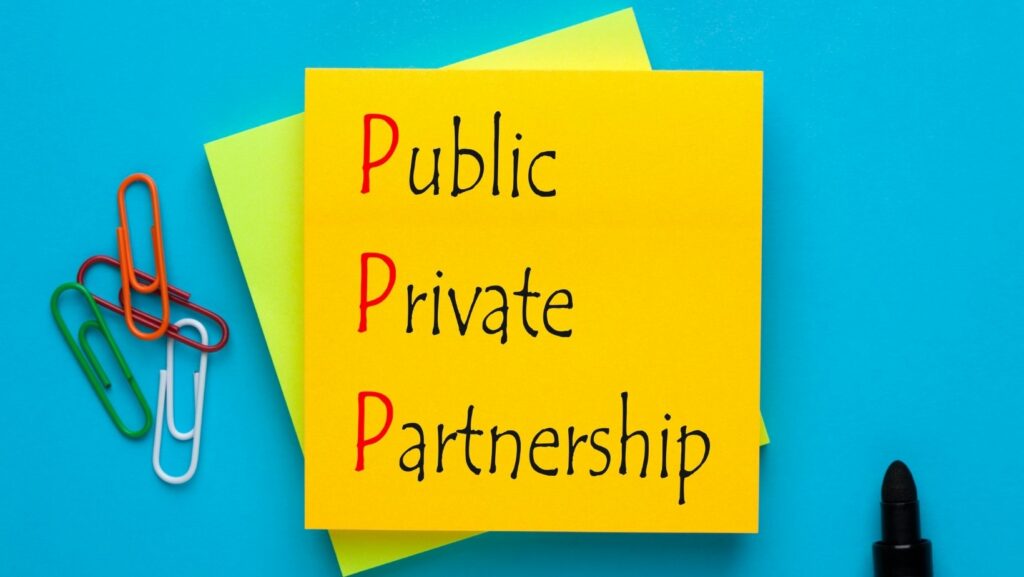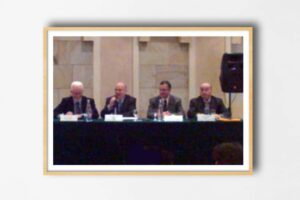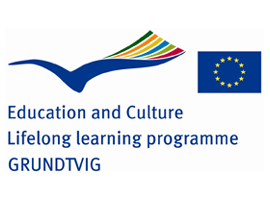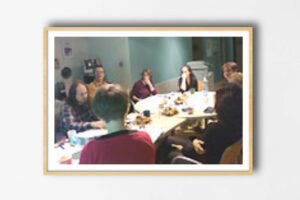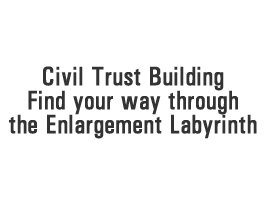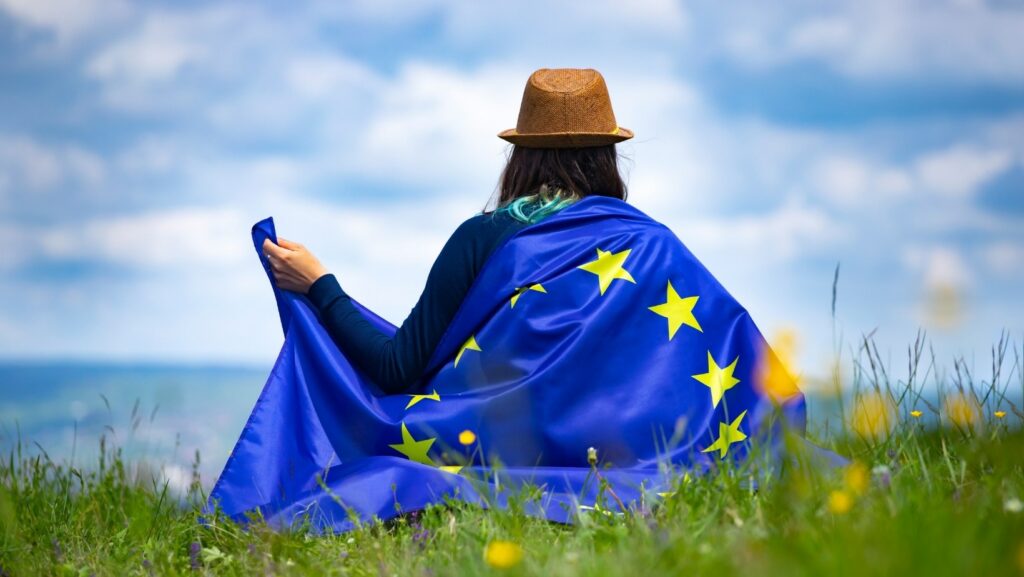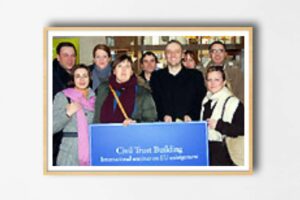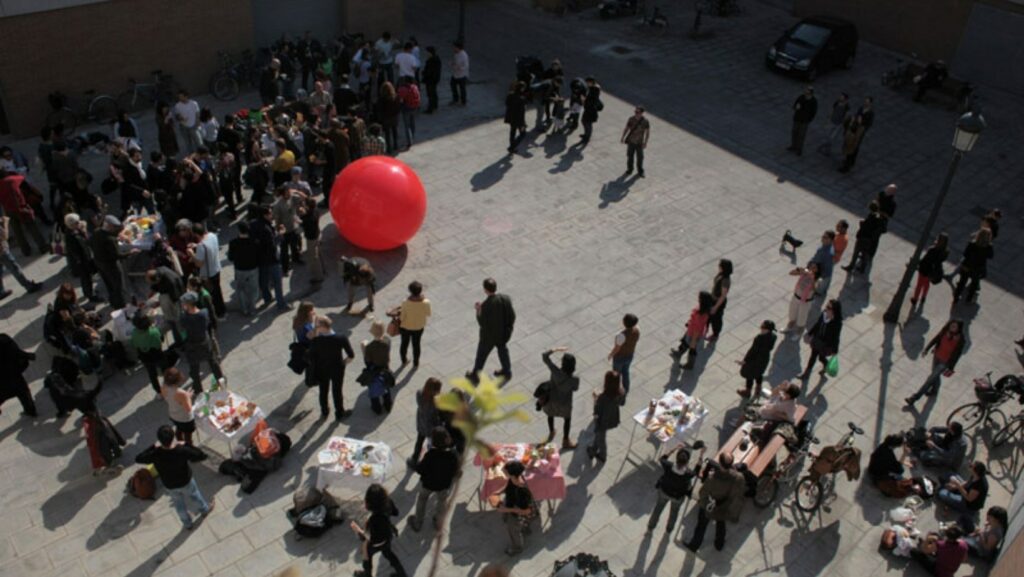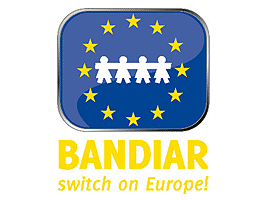
AT A GLANCE
It’s difficult for EU to take into account the point of view of thousand of municipalities. European citizens feel closer to local authorities. In fact, they participate more in the local level than in another one. Democratic participation is weaker as we move further away: less in the national level and even less in the European level. At the same time, we will like to reinforce the importance of local administrations in Europe following the subsidiary principle. As the partnership of this project is formed by representatives of local authorities, we can assure more than another institution to attract into the project citizens in general.
OBJECTIVE
The aim of BANDIAR project is to raise awareness about participation of woman in political life in the local level. European Union needs also to be built from a bottom-up perspective, involving local authorities. We would like to stress this point as a way to make local civil servants, local politicians and public in general to feel part of the EU. BANDIAR project pretends to put a wide range of ideas, experiences and modalities about gender issues in common to stimulate their active participation in the processes of representative democracy at local, national and even international level. It works in a European perspective, rooted in the diversity of local realities.

ACTIVITIES
That is why BANDIAR project relies in an interactive dialogue through citizens panels in each region involved, a methodology that we will like to consolidate. Target group will be woman, making a balance between urbal and rural areas. Topic debate will be the participation of women in public life. Political woman at local level (the closest politicians for women) will encourage others to participate. For these which continue in silence we will use ICT (through e-participation) to allow them to express themselves. We want to give the floor to women.
These citizens panels will converge in a final International seminar in Brussels, which aim is to transition into a European Level. This seminar will count on the participation of several political woman that collaborate in BANDIAR in order to adress directly the conclusions of the citizens panel. The objetive of this metodology is to provide decision-makers and researches with an opinion and a supplementary decision-making tool about gender equallity.
We will conclude BANDIAR project with a set of recommendations about gender equality in all levels of administration. Moreover, we will use the dissemination of Good Practices of Equal Opportunities and the conclusions in the International Seminar in Brussels as one of the main activities to produce a Change of Mentality in favour of the values promoted by the European Union. In this way, participants will receive a feed back of their contribution to the construction of the European Union: this material could be one of the best ways to arise-awareness of European citizenship.
The kick-off meeting of the BANDIAR project took place on the 2-3 March 2009 in Vicenza. The partners involved in the project presented their roles and analyzed all the apects of the implementation of the activities. Each partner will organize an event in its country related to the participation of women in political life at the local level using the « Citizen’s panels » methodology. The event has to be realized before the elections for the European Parliament.
